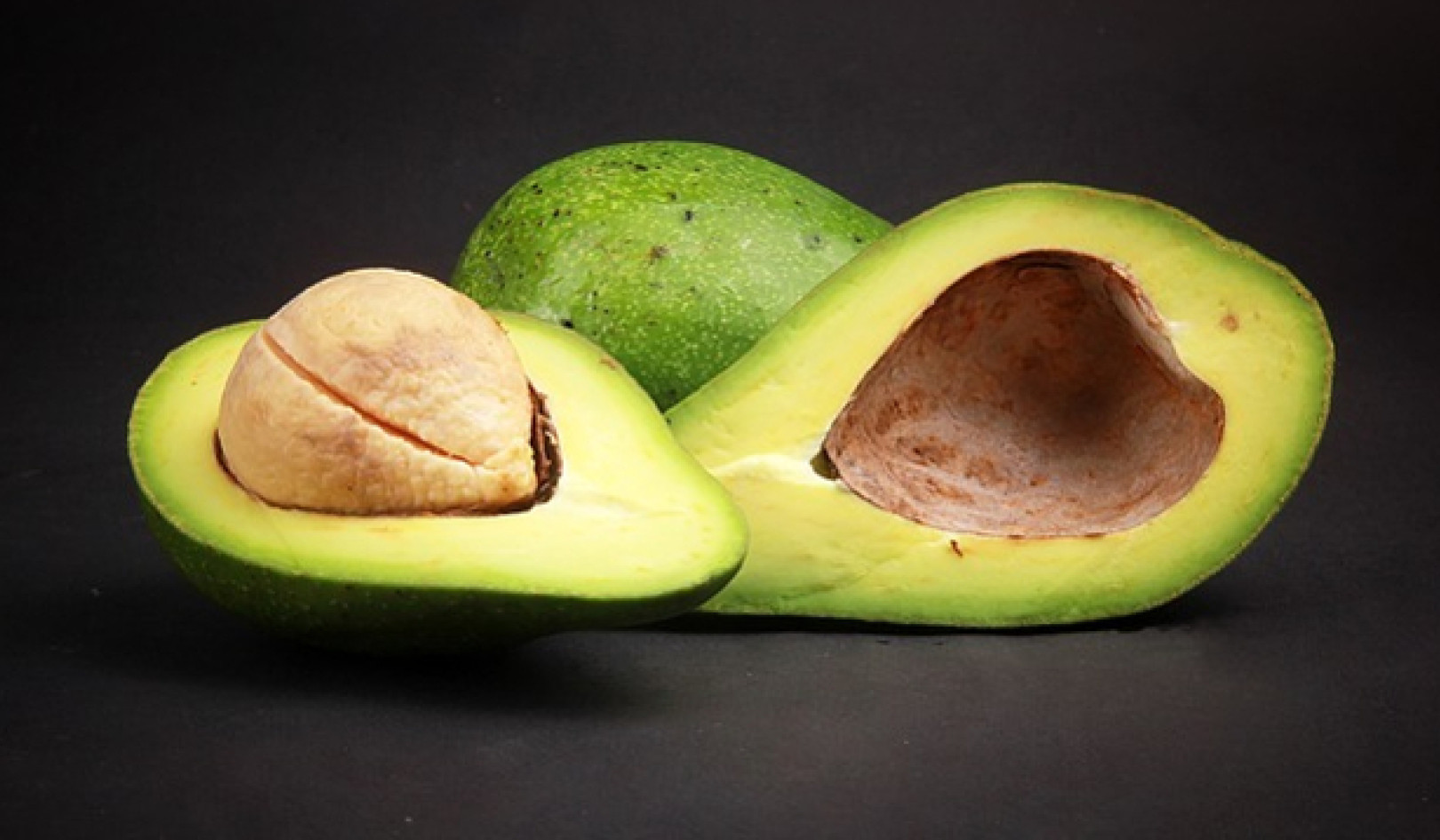One of the best ways of containing the spread of COVID-19 is to rapidly identify people infected with the coronavirus and prevent them from passing it to others.
Temperature checks are now being used as a public screening tool for identifying people with COVID-19, with countries such as Taiwan using temperature checks as a key component of their containment measures. Yet there is little scientific evidence that temperature checks enable reliable detection of COVID-19.
For a start, handheld scanners only measure skin temperature, which can be variable, rather than core temperature – and there are issues with unreliable equipment. Data from the ZOE COVID Symptom Study app suggests that over half of people (57%) who test positive for COVID-19 never develop a fever, while those who do have a raised temperature only have it for an average of two days. It’s unsurprising that temperature screening at airports would fail to detect most infected people.
If using temperature checks to detect COVID may provide little more than a false sense of security, what should we do instead?
Using ‘sniff tests’ to identify COVID cases
Data from 4 million users of our app has helped us to confirm that loss of smell (anosmia) was a key symptom of COVID-19 in April. We contributed to getting the UK and other countries to adopt it as an official symptom. Writing in The Lancet with the latest app data, my colleagues and I highlight that 65% of adults who tested positive for COVID-19 reported a loss of sense of smell, with a significant proportion of them never experiencing a raised temperature, while just over 40% of people testing positive had a fever.
For around 16% of people who tested positive, loss of sense of smell was the only symptom they had. Importantly, during COVID-19 infection, anosmia lasts about seven days and often longer, while fever only lasts for three days for most people.
Also, a study by scientists at UCL has shown that over 75% of people who reported losing their sense of smell during the first wave of the virus tested positive for coronavirus antibodies, despite one in four of them showing no other classic symptoms.
Overall, the data suggests that a sudden loss of sense of smell is a more common early symptom of COVID-19 than fever across all age groups. It is a 20-fold better predictor of a positive test for COVID-19 in younger people and a 13-fold better indicator in older people than any other symptoms.
Based on these findings, using “sniff tests” rather than temperature checks might be a better way of widespread screening in places like airports and hospitality venues. While it seems like a great idea in theory, unfortunately, there’s a catch.
Why ‘sniff tests’ are a bad idea
First, a diminished sense of smell is quite common. Nearly 20% of adults have some degree of smell loss – a figure that rises to 80% for the over-75s. It’s unlikely that any of these people would have any proof of their pre-existing smell loss that could exempt them from any sniff test restrictions.
Second, when we looked at the data from our app, we found that most people took around one week to regain their sense of smell after having COVID-19. But around one in ten people lose their sense of smell for three weeks or more – much longer than they are likely to be infectious.
Finally, many of us lose our sense of smell when we are suffering from a blocked nose caused by a regular cold, sinusitis or hay fever. Although a stuffy nose isn’t considered to be a symptom of COVID-19, a simple sniff test may not be able to discriminate between the two.
This means that although sniff tests may identify people with COVID-19 at the time of infection, there would also be a substantial number of non-infectious people who would also fail the test and face unnecessary restrictions.
So while a “sniff test” is probably not the answer, a sudden change in your sense of smell is still probably the best indicator of an early COVID-19 infection. Our app showed the symptom is less common in children, but this may be because they are less likely to notice unless tested.
Checking for changes in your sense of smell is easy and can be done daily from home with simple scented household items such as coffee, lemons, herbs or smelly cheese. If you discover any sudden changes to your or your children’s sense of smell that aren’t normal for you, you should self-isolate and get tested for COVID-19 as soon as possible.
The ZOE COVID Symptom Study app is available to download from the Apple App Store and Google Play Store. Research updates and data can be found at covid.joinzoe.com/![]()
About the Author
Tim Spector, Professor of Genetic Epidemiology, King's College London
This article is republished from The Conversation under a Creative Commons license. Read the original article.
Related Books:
The Body Keeps the Score: Brain Mind and Body in the Healing of Trauma
by Bessel van der Kolk
This book explores the connections between trauma and physical and mental health, offering insights and strategies for healing and recovery.
Click for more info or to order
Breath: The New Science of a Lost Art
by James Nestor
This book explores the science and practice of breathing, offering insights and techniques for improving physical and mental health.
Click for more info or to order
The Plant Paradox: The Hidden Dangers in "Healthy" Foods That Cause Disease and Weight Gain
by Steven R. Gundry
This book explores the links between diet, health, and disease, offering insights and strategies for improving overall health and wellness.
Click for more info or to order
The Immunity Code: The New Paradigm for Real Health and Radical Anti-Aging
by Joel Greene
This book offers a new perspective on health and immunity, drawing on principles of epigenetics and offering insights and strategies for optimizing health and aging.
Click for more info or to order
The Complete Guide to Fasting: Heal Your Body Through Intermittent, Alternate-Day, and Extended Fasting
by Dr. Jason Fung and Jimmy Moore
This book explores the science and practice of fasting offering insights and strategies for improving overall health and wellness.





























